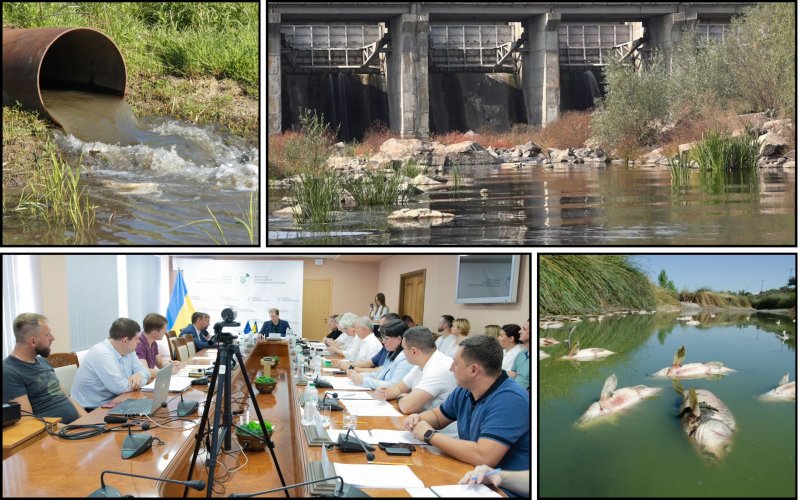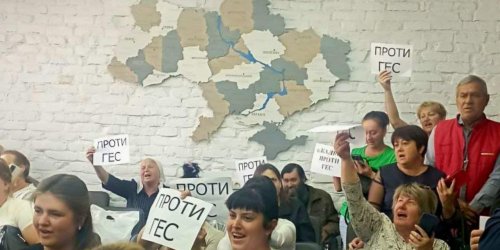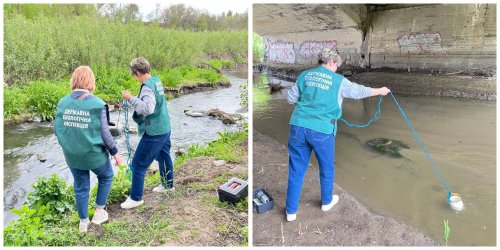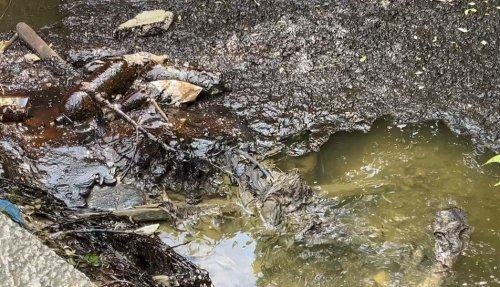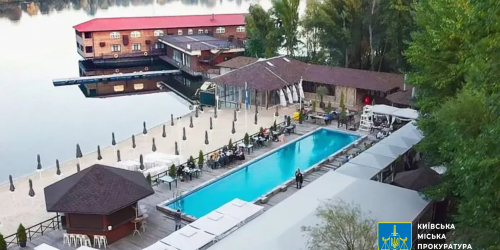The interdepartmental working group (IRG) for the development of a plan for the rehabilitation and restoration of the Ros River held a meeting at which the main ecological problems of the river were identified for the development of a project to save it.
Oleg Bondarenko, head of the VRU Committee on Environmental Policy and Nature Management, said this on Facebook, stressing the lack of a unified state water policy and the need to monitor the activities of the Ministry of Environmental Protection and Natural Resources.
He explained that the MWG was created thanks to a petition to the President of Ukraine, Volodymyr Zelenskyi.
Bondarenko noted that the members of the group came to the conclusion that the main environmental problems of the Rosy Basin are:
- excessive regulation of the flow of the river by dams, hydroelectric power stations, reservoirs and ponds (total number – 2,676 units), a significant number of which are illegal;
- discharge of significant volumes of polluted household and industrial wastewater;
- non-compliance with environmental legislation in coastal protective strips;
- by plowing the banks of the river and its tributaries.
"As a result, the water content of the river decreases, particularly in the summer, and its ability to self-purify is lost. The problem of water quality and its sufficient volume is particularly acute at the drinking water intake in the city of Korsun-Shevchenkivskyi," the head of the eco-committee emphasized.
Bondarenko said that Russia's key problems are:
- low water content;
- significant pollution.
He noted that measures to improve and restore the river will be carried out in the entire catchment area of the river in the territory of Vinnytsia, Zhytomyr, Kyiv and Cherkasy regions.
At the meeting of the IWG, Bondarenko stated that in Ukraine:
- there is no unified state policy regarding the regulation of the water level of rivers;
- there is no proper level of environmental control regarding the pollution of water bodies;
- conditions from the conclusions of the environmental impact assessment are not met;
- local self-government bodies are irresponsible in the maintenance of community water bodies.
"We need to strengthen parliamentary control over the activities of central executive bodies, including the Ministry of Environment, over the issue of rehabilitation and restoration of the Ros River and other water bodies of Ukraine," he said.
Bondarenko added that the Ministry of Environment expects legislative initiatives to improve the system of management and control over the use and protection of water.
It is noted that the meeting of the IWG was also attended by:
- Minister of Environment Protection and Natural Resources Ruslan Strelets;
- Deputy Ministers of Environmental Protection and Natural Resources Oleksandr Krasnolutskyi and Olena Kramarenko;
- Acting Nataliya Latish, head of the State Water Agency;
- t.v.o. Ihor Zubovych, head of the State Environmental Inspection;
- head of the State Geology and Subsoil Service Roman Opimakh and others.
Previously, EcoPolitics analyzed the work of the Ministry of Environmental Protection and Natural Resources in the field of protection of water resources.

